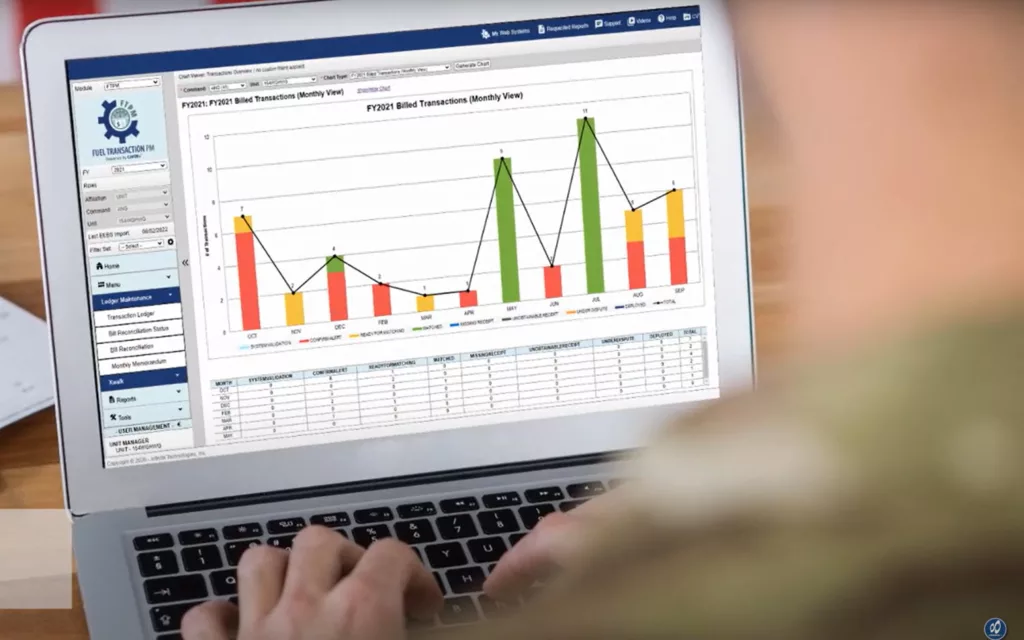
Financial Improvement and Audit Remediation—or “FIAR”—was envisioned in the early 2000s with the goal of improving the financial and business management operations within the Department of Defense (DoD), with the objective of successfully producing “auditable” financial statements. Several decades later, the DoD has made strides in the auditability of financial statements but has yet to pass an audit.
For the US Air Force, AFI 11-253 – Managing Purchases of Aviation Fuel and Ground Services was published to document procedures and controls governing the “accountability requirements for purchase of aviation fuel and off-station ground services; and establishes the US Air Force Aviation Into-plane Reimbursement (AIR) Card® program and provides procedures for its management and use.”
Why is Reconciliation important? Auditors will review reconciliation procedures and possibly sample transactions to ensure there are control procedures in place to ensure the accuracy and integrity of financial records and verify the consistency of financial data across various sources and documents.
Detecting Errors and Fraud:
Reconciliation helps identify discrepancies and errors. Errors can be unintentional, such as data entry mistakes, or intentional, such as fraudulent activities like embezzlement or manipulation of financial statements.
By reconciling transactions, auditors will review procedures and documents to reduce error or risk of fraudulent transactions.
Ensuring Accuracy:
Reconciliation ensures accuracy of data. Auditors will cross reference data across different systems to validate accuracy of data.
Compliance with Regulations:
Reconciliation is a fundamental step in meeting these compliance requirements such as AFI 11-253.
Risk Mitigation:
Reconciliation helps mitigate risks associated with financial misstatements and inaccuracies. It provides a systematic process for identifying and rectifying discrepancies before they become significant problems.
Data Credibility:
Reconciliation contributes to the overall trustworthiness and credibility of data.
Facilitating Audit Trails:
Reconciliation creates a clear audit trail that helps trace the flow of transactions and verify their completeness and accuracy.
Bottom line, financial standards require the reconciliation of financial transactions. This is not only required for the auditors, the effort of reconciling transactions helps to ensure the reliability, accuracy, and integrity of financial data. Reconciliation helps detect errors and fraud, ensures compliance with regulations, mitigates financial risks, and enhances trust and credibility in an organization’s financial reporting.
Fuel Transaction PM Overview sums up how Transaction Management can be implemented saving Time, Costs and Audit Readiness. Watch FTPM Overview here: https://youtu.be/tAzCLkeitfM?si=USRKfpssA1vpCeNn
